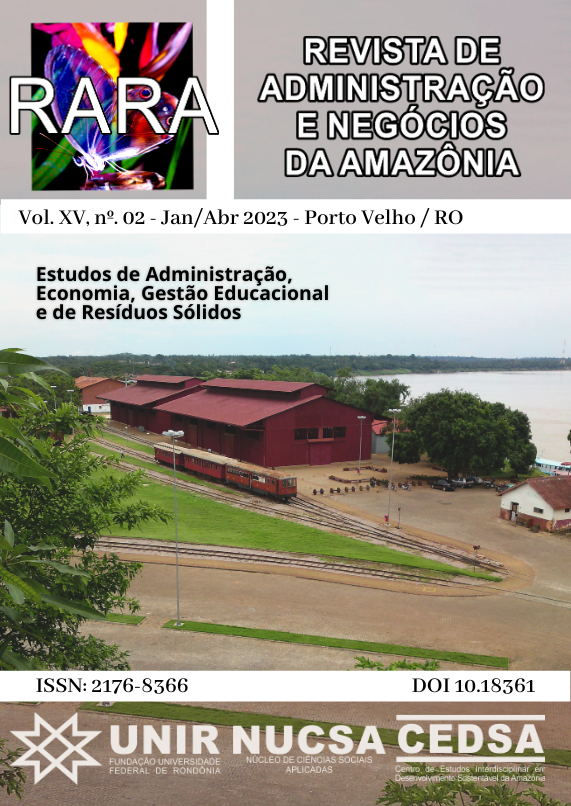Resilience in the face of disaster: analyzing the transformation of the social ecological system of the Quilombola Community of Degredo after the Fundão dam failure
DOI:
https://doi.org/10.18361/2176-8366/rara.v15n1p97-115Resumo
On November 5, 2015, the Fundão dam, which belonged to the mining company Samarco in Minas Gerais, Brazil, ruptured and released toxic mine tailings that flowed 660 kilometers down the Doce River. The mine tailings destroyed settlements and local environments down the river, eventually reaching the Atlantic Ocean. The remnant quilombo community of Degredo which borders the Doce River and the Ocean, is a complex socio-ecological system that was directly impacted by the disaster. The theoretical framework of Elinor Ostrom (2009) was used to analyze the impacts of the disaster on the social, ecological, economic, political, and governmental issues that occurred in this community after the disaster. Sociological factors of the community’s way of life before and after the disaster were analyzed, as well as a biophysical characteristics of the environment impacted by the spill. We also evaluated the subsistence fishery and human health effects, as well as which legal and restorative measures were taken by the responsible bodies for the disaster. The impacts included losses in the community ancestral way of life and local customs, decimation of the fishery and local ecosystems, and lasting negative human health impacts.
Downloads
Publicado
Edição
Seção
Licença
Copyright (c) 2024 Revista de Administração e Negócios da Amazônia

Este trabalho está licenciado sob uma licença Creative Commons Attribution 4.0 International License.

